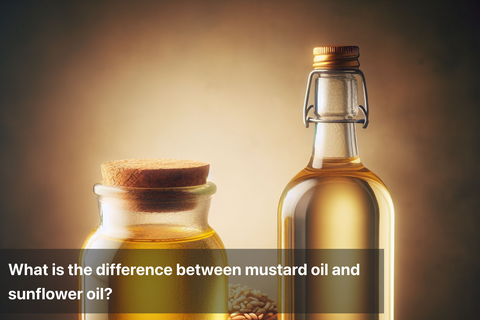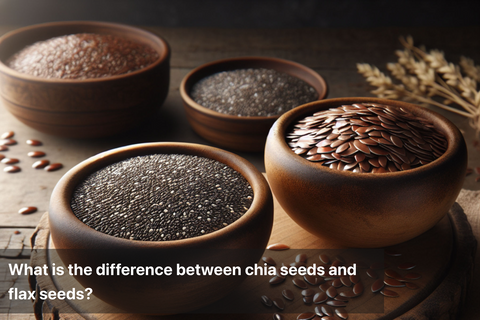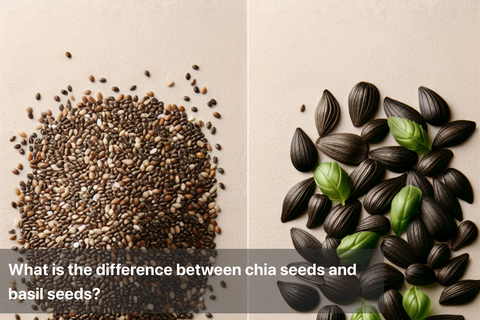
Keto Diet as a Preventive and Supportive Care for COVID-19
Obesity has constantly been linked to increased risk of several lifestyle diseases and amid the ongoing pandemic, it has also been associated with an increased risk of hospital admissions, particularly to the intensive care units.
The link between obesity and COVID-19 risk might be attributed to several factors including chronic systemic inflammation and risk factors pertaining to severe respiratory conditions. And the keto diet plan for weight loss comes across as a clever approach that has been found to be effective in reducing body fat and visceral fat in a quicker span of time.
In a majority of the COVID-19 cases, the common symptoms include fever, dry cough, fatigue, and mild pneumonia. However, critical cases are characterized by desaturation with respiratory failure, septic shock, and even multiple organ dysfunction.
Supportive therapy and preventing respiratory insufficiency via oxygen therapy or positive ventilation have been the treatment protocols apart from the use of antibiotic prophylaxis, steroids, and anticoagulant therapy.
The mortality rates are highly associated with the severity of the inflammation-related cytokine storm and the presence of multiple comorbidities mainly obesity, type 2 diabetes, hypertension, COPD, etc. It is therefore important to pursue strategies that help reduce risk factors to limit the development of cytokine storms and prevent the need for admissions to emergency rooms.
As far as the nutritional approach to COVID-19 patients is concerned, it is very important to ensure the right amount of key nutrients that they need to face and combat the deadly virus. A keto diet plan for weight loss reduces carbohydrate intake supports the production of ketone bodies in the liver as a result of increased utilization of fat as the metabolic fuel.
Ketone bodies are getting popular for their anti-inflammatory role and immune metabolism modulations. Apart from supporting blood sugar control, improvement in insulin resistance, and hepatic steatosis, the ketogenic diet has been demonstrated to have several health benefits including protection of the brain and renal functions and more importantly- its anti-viral effects.
How does the Keto diet work?
The ketogenic diets lead to a deprivation of carb content to about almost 10% of one’s total Kcal daily intake. They are characterized by a restriction of carbs- less than 50g per day alongside unrestricted fat intake and a relative increase of protein. Such High far ketogenic diets are still used to treat childhood epilepsy and very-low-calorie keto diets are now recommended for people with severe obesity to improve glycemic control and for a rapid reduction of heart disease risk factors.
A 2021 study conducted by a group of Italian researchers sought to highlight the potential role of keto diets in the management, as well as, prevention of COVID-19, given its benefits on inflammation, immune system, and respiratory function.
The ketogenic diet for weight loss inhibits the aerobic glycolysis that happens during the inflammatory activation of cells and even prevents the differentiation of inflammatory cells. The study reported that ketone body Beta-hydroxybutyrate blocks the activation of an inflammasome which is crucial for the maintenance of chronic inflammation.
Studies have shown that restricting dietary glucose via a high-fat ketogenic diet helps reduce airway inflammation and largely ablates lung-resident lymphoid cells. While we already have proof that a high-fat keto diet allows for better survival alongside increased protection against the influenza virus, recent evidence suggested that the keto diet is capable of providing a protective effect against COVID-19.
Relationship between obesity, viral infections, and respiratory function:
Excess weight is linked to an increased susceptibility to viral infections including seasonal, H1N1 influenza, and more importantly a higher risk of hospitalizations. Severe obesity is also associated with an increased risk of COVID-19 complications.
Visceral adipose tissue has been considered a specific marker of insulin resistance- which is strongly associated with the need for emergency care and worsening of prognosis in covid-19 patients. Considering that, a nutritional approach that can help break down insulin - like the high-fat ketogenic diet might be beneficial in COVID-19 prognosis without many side effects.
Moreover, people with obesity are at risk of developing acute as well as chronic respiratory conditions and respiratory tract infections. Obese individuals seem to have certain alterations in their respiratory physiology and their immune responses which might result in a lower response to antiviral therapies and for some reason, even vaccines. Also, COPD which is very common in people with obesity might also increase their vulnerability to complications associated with COvid-19.
Obesity is characterized by low-grade systemic inflammation which in turn might be linked to the pathogenesis of respiratory ailments. The fat tissues could accumulate within the lungs which might, in turn, lead to the accumulation of these tissues in the outer wall of airways associated with inflammatory infiltrate of eosinophils and neutrophils. Therefore, interventions that promote weight loss in obese patients are warranted to prevent viral infection susceptibility and their complications.
Low Carb Ketogenic diets Improve Respiratory Function:
Some studies have reported the beneficial effects of keto foods on respiratory health parameters. Such a diet has also been reported to ameliorate respiratory failure. There is evidence that a high-fat low-carb diet can be beneficial for mechanically ventilated patients as it helped reduce PaCo2 levels and the time of mechanical ventilation.
Researchers also suggest the use of the keto diet, intermittent fasting alongside the administration of triglycerides as adjuvant therapy for COVID-19.
Keto diets in COVID-19 Prevention:
Obesity has been reported as an independent risk factor for a worse prognosis in COVID-19, such a dietary intervention can be beneficial. As keto diets have been demonstrated to induce weight loss and diabetes remission, the findings emphasize the immune advantages of the diet against infections and chronic inflammation. The researchers opine that keto foods could be an excellent tool to prevent infection and reduce the damage induced by the deadly virus, especially in individuals with obesity.
Keto diets in COVID-19 Supportive Care & Rehabilitation:
People affected from the coronavirus disease, particularly older people suffer impaired tolerance, neuropathies, muscle weaknesses, etc. the ketogenic diets preserve muscle mass in obese patients and improve their overall quality of life compared to the standard diet.
Bottomline
The ketogenic diets might be considered in severely obese COVID-19 patients as effective adjuvant therapy, as a preventive measure to support a fast weight loss, as well as, during rehabilitation. Keto meal delivery is available at Lo! Foods, where you get perfectly balanced delectable Indian dishes.
This Blog post is an initiative by Lo! Foods, to provide accurate and Nutritionist / Doctor approved information related to Health. Lo! Foods is India's leading brand for Everyday Functional Foods. Foods designed for specific Health conditions or Needs. Lo! Foods also runs India's largest range of Low Carb Healthy Cloud Kitchens, under the brand names of Lo!, ProteinChef, ATH (All Things Healthy) and DiabeSmart.













Leave a comment
Your email address will not be published.